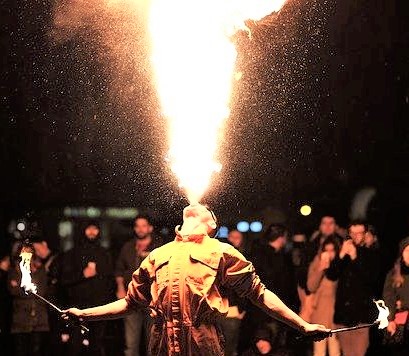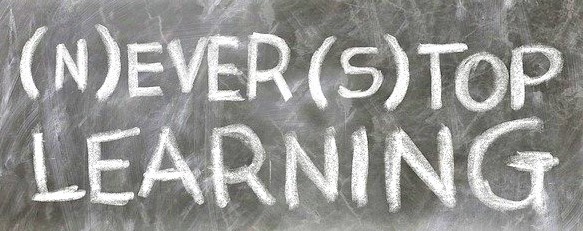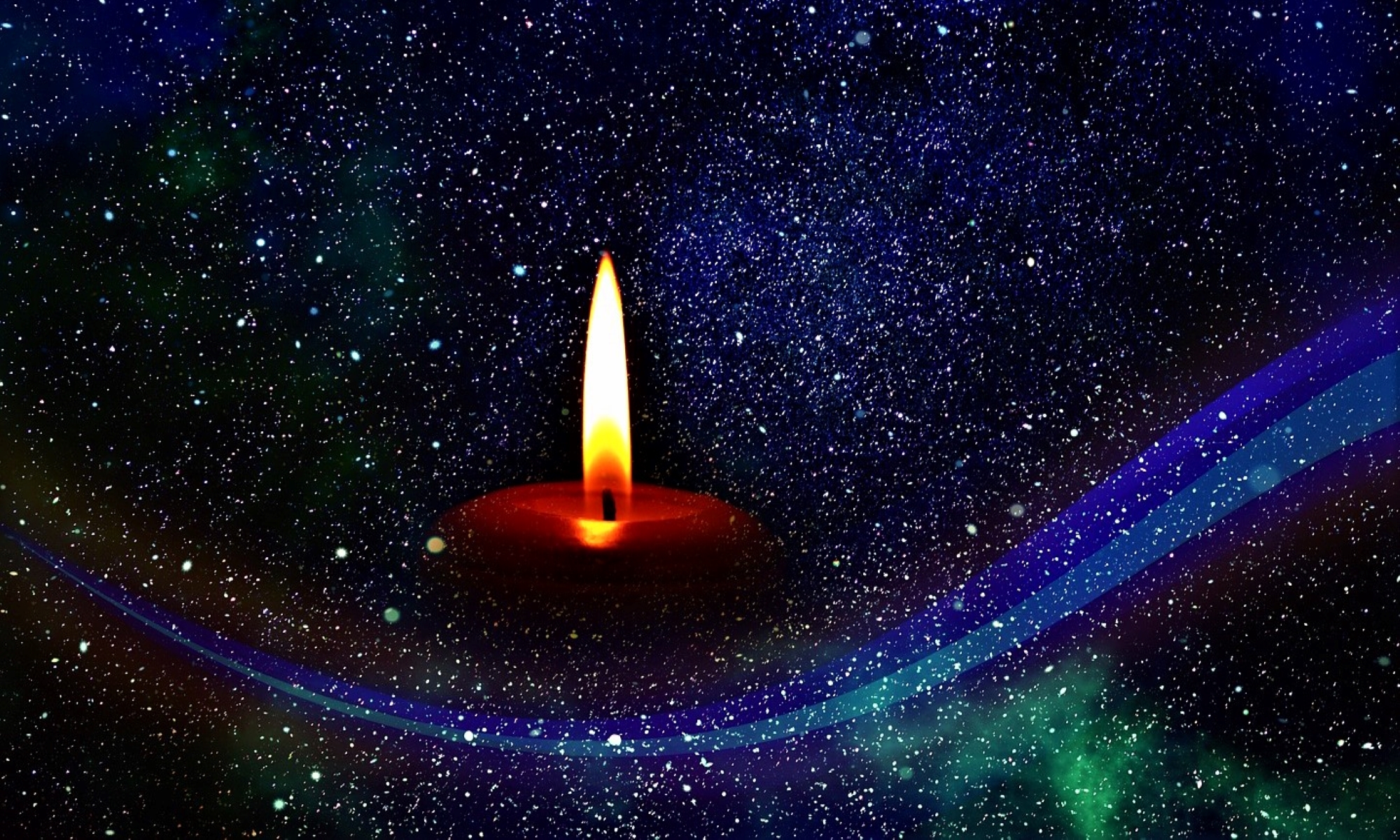Heavy Burdens and Hope
“Whenever Christians fail to give other believers the grace they claim for themselves, they fail to embody the love of Jesus Christ, giving purchase to hate.”[1]– Bridget Eileen Rivera
On March 23, 1969, thirty thousand people, many of them teenagers, converged on the Orange Bowl for a “decency rally,” all thanks to Mike Levesque. A senior from Miami Springs High School, Mike was spurred into action by a very public and indecent act: The lead singer of the Doors, Jim Morrison, had exposed himself to 12,000 teenagers during a recent Miami concert.
Enlisting their pastor’s help, Mike and his friends got to work. In less than three weeks they had teens from all over the city cheering from the stands, tiny American flags waving wildly. Local clergy, famous athletes, celebrities, and entertainers inspired them to greatness. In the midst of the frenzy, an antique car drove out to center field and delivered one of the keynote luminaries.
Stepping out into the South Florida sunshine and the crowd’s adoration, Anita Bryant waltzed onto center stage.  Beauty queen, famous singer, and brand ambassador for the Florida Citrus Commission, she was quoted as saying, “I just know this decency movement is going to succeed.”
Beauty queen, famous singer, and brand ambassador for the Florida Citrus Commission, she was quoted as saying, “I just know this decency movement is going to succeed.”
Hatred For All To See
I was four years behind Mike Levesque at Miami Springs High School. It’s been over fifty years, and while I definitely remember hearing about the concert, I have no memory of the rally. But as for Anita Bryant: well, you never forget your first bigot. Her far-right views and strident efforts to deprive LGBTQ people of their civil rights reached their tentacles deep into American culture. In the 1970’s she fought tooth and nail to overturn a local Dade County ordinance that prohibited discrimination on the basis of sexual orientation. She won.
The people she attacked and persecuted were my best friends.
Coming Out
We were kids. Three boys and two girls, we were each other’s people in a school of four thousand. We went to the beach. We went to the planetarium. We went to the movies. We hung out at each other’s houses. We listened to records, went to dances, and went out to eat. We had an awful lot of fun together, and we had each other’s backs.
records, went to dances, and went out to eat. We had an awful lot of fun together, and we had each other’s backs.
And in our last year of high school, the four of them got together and told me they were gay.
The news stunned me. I always knew I was straight, and it never even occurred to me that any of them, much less all of them, were gay. All I knew about homosexuality was That Anita Bryant hated it. I didn’t even know why.
A couple of days after that awkward conversation, I realized that my friends hadn’t changed. All they did was trust me with their truth. Their gift opened my eyes and my heart.
I loved these people because I knew them. Anita Bryant didn’t know them at all, yet she berated and persecuted these kids who were funny and loyal and loving and creative and brilliant. Turns out America’s sweetheart was only sweet to her adoring fans. At the time, I just discounted her as a crackpot and went on living my life. This was easy for me to do, since I was straight.
Out of Sight, And Almost Out of Mind
Years passed, and we all moved on. One of us died from AIDS in the late eighties. Three of us got together for our twentieth high school reunion, went dancing, and had a blast. I moved to Colorado in 1977, eventually got married, and found Jesus. My first church was in Aspen, a liberal town comprised of folks running away from their real lives. We were a motley crew of drinkers, druggies, and dropouts; this was the first church most of us had ever set foot in. The idea of discriminating against anyone for their sexual choices was laughable. I was woefully ignorant of the Religious Right’s political movement under the auspices of the Evangelical Church. The people I found were loving and accepting, and they introduced me to Jesus. As time went on I allowed the “busy decades” to swallow me. LGBTQ rights were not in my face, so I just didn’t give them much thought.
folks running away from their real lives. We were a motley crew of drinkers, druggies, and dropouts; this was the first church most of us had ever set foot in. The idea of discriminating against anyone for their sexual choices was laughable. I was woefully ignorant of the Religious Right’s political movement under the auspices of the Evangelical Church. The people I found were loving and accepting, and they introduced me to Jesus. As time went on I allowed the “busy decades” to swallow me. LGBTQ rights were not in my face, so I just didn’t give them much thought.
Then the Religious Right, through the Evangelical Church, put Donald Trump into the White House.
When The Unimaginable Happened
For three years I just prayed, assuming Christians would come to their senses. When that didn’t happen, I began to research their political movement, trying to understand what could have possibly motivated them to support this man. The further I read, the more it seemed Jesus was not part of their thought process. However, the Big Names in Evangelicalism were leaning hard into politics, fanning the flames of anti-LGBTQ sentiment. It was never about Christianity. It was all about power.
Blowhards of the Faith
I’d never paid any attention to America’s blowhards of the faith, so I was ignorant of their decidedly hateful efforts. Turns out I should have been listening. These men aren’t just wealthy TV preachers; they are social influencers on an unimaginable scale. Their muscle lies in telling people what to believe and whom to hate because they insist that their God says so. But supposedly this is my God too.
listening. These men aren’t just wealthy TV preachers; they are social influencers on an unimaginable scale. Their muscle lies in telling people what to believe and whom to hate because they insist that their God says so. But supposedly this is my God too.
And herein lies the crux of my sin, even if it is a sin of omission.
I was easily accepted into the church because I was straight and white. It’s where I found family and community. It’s where I found purpose. It’s where I found Jesus. And yet, these abuses of power and persecution of differently-identifying people have been going on the whole time I’ve been a Christian. I never heard anything, and I never saw anything, because those who are “different” never set foot in our sanctuary. And in my selfishness, I never gave it any thought.
Now that my little bubble has burst, I find myself back in the land of “everyone else.” No longer can I harbor the illusion that all are welcome in God’s house. What is a straight, white grandmother to do?
She can get educated.
Getting Educated

I read. I write. And in the wake of my breakup with the Evangelical Church, I created a platform to share my findings. Even though I am completely unqualified to open a conversation on the persecution of LGBTQ souls in Christianity, I found someone who is.
Bridget Eileen Rivera is a sociologist completing her PhD at City University of New York Graduate Center, as well as a gifted writer. Her book, Heavy Burdens: Seven Ways LGBTQ Christians Experience Harm in the Church,* opened my eyes and blew my mind. Her work paints a series of pictures using real stories of precious souls created in the image of God who have been pulverized by the church.
Surely this grieves the heart of Jesus.
Even those of us who are horrified by the actions of anti-LGBTQ “Christians” can feel powerless when it comes to refuting their arguments. Why?
Disarming “The Clobber Verses”
I think we just don’t know how. The folks behind this juggernaut of extreme misunderstanding have their answers memorized. Rivera calls them “clobber verses.” Until now, learning how to discuss these Bible bullets with any  confidence seemed overwhelming. But Bridget Eileen Rivera has done all the heavy lifting. Within the pages of Heavy Burdens I found a comprehensive foundational treatise explaining the history and cultural context from which these verses were drawn, and then weaponized. She sheds light through her exhaustive research in Biblical studies, biology, sociology, and a host of other resources. This creates room for discussion. In the best of all possible worlds, discussion can lead to shared knowledge; knowledge to wisdom; and wisdom to understanding. Ultimately, all of these can lead to hope.
confidence seemed overwhelming. But Bridget Eileen Rivera has done all the heavy lifting. Within the pages of Heavy Burdens I found a comprehensive foundational treatise explaining the history and cultural context from which these verses were drawn, and then weaponized. She sheds light through her exhaustive research in Biblical studies, biology, sociology, and a host of other resources. This creates room for discussion. In the best of all possible worlds, discussion can lead to shared knowledge; knowledge to wisdom; and wisdom to understanding. Ultimately, all of these can lead to hope.
Hope, Faith, and Courage: One Step at a Time
Having hope is right up there with having faith. It takes all the courage I can muster. With all the changes taking place in modern Christianity, can there ever be a time when people who love the same gender or identify differently feel comfortable walking into church? Who knows? I don’t even know if I would ever feel comfortable walking into church again. It might feel like returning to Miami Springs. Neither would feel like home.
Or would they?
There are only two of us left from the original gang. Josie recently texted me a picture of Miami Springs High School while she was down there visiting family. Things have changed. Security fences and locked gates surround the campus. But photos I found online show young people still laughing, and still carrying on in the courtyard. My heart aches, in a good way, remembering my friends who were funny and loyal and loving and creative and brilliant; who faced hatred with courage, even at a young age. In their honor, I’ll keep trying too.

©2021 Rachel Ophoff, Coconut Mountain Communications LLC. All Rights Reserved.
*If you click here, you can order Heavy Burdens through your Amazon account. We would appreciate it.
This post has been published as an article by Red Letter Christians.
[1] Heavy Burdens– Seven Ways LGBTQ Christians Experience Harm in the Church, ©2021 by Bridget Eileen Rivera. Published by Brazos Press, a division of Baker Publishing Company, Grand Rapids, MI 49516-6287.



